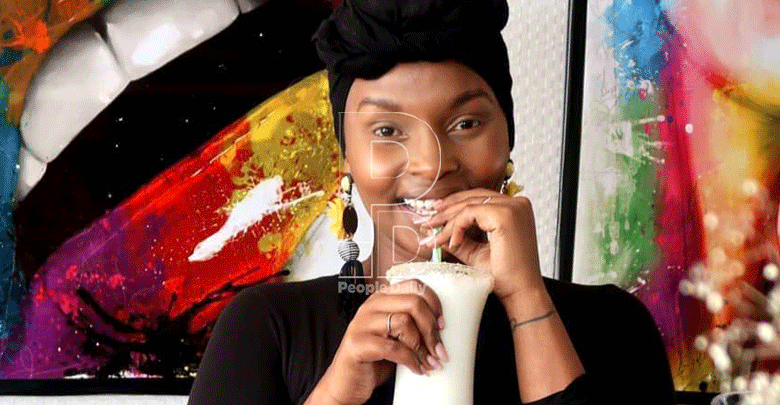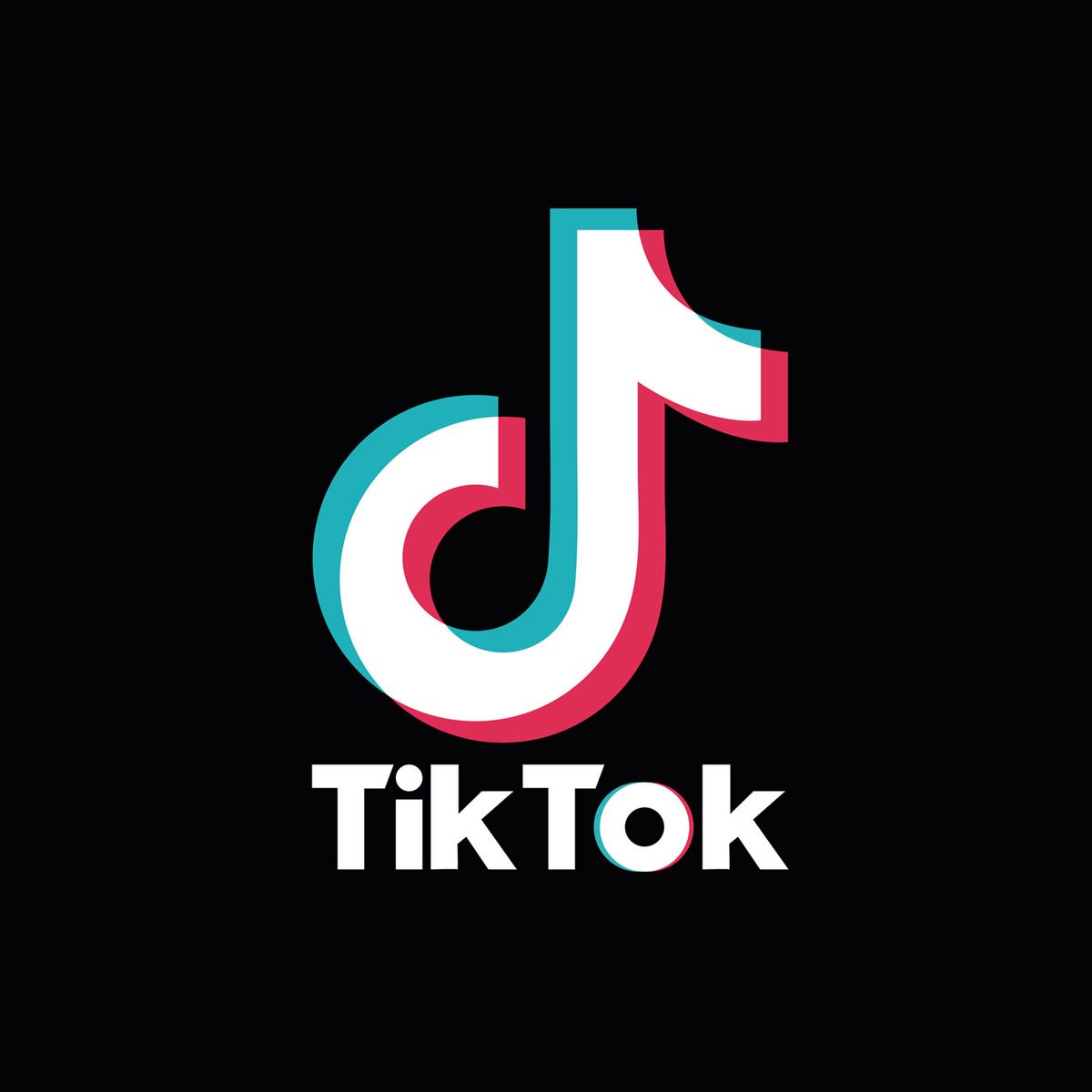New age influence

The marketing world has embraced the digital revolution, and has tapped the popularity of social media influencers and content creators to hit the point home. Wambui Virginia picks the mind of a few Kenyan players over the trend
Azziad Nasenya earned her one million Instagram followers and 100,000 YouTube subscribers after posting a viral dance video. Recently, she also hit the one million followers milestone on TikTok.
Like may other celebrities in Kenya, she is now an established digital content creator.
On her social media platforms, she advises her followers on where to buy the best clothes, make-up, hair and other beauty accessories.
Influencer marketing has become one of the most important elements in getting the product or service to the consumer.
It’s much easier for brands to reach millennials through influencers. This type of marketing continues to grow with brands investing more in influencer partnerships, as more people are now consuming more content through social media.
One of the ways that influencers earn money is through sponsored posts, as brands pay a lot of money to influencers to promote their products or services.
Influencers would also ask their followers after posting a product or service promo to click on a link or use a certain code.
Once they do that, it generates online traffic and a certain commission is paid to the influencer.
Another way influencers earn money is by signing long-term contracts as brand ambassadors for a specific product or service.
Just like sponsored posts, brand ambassadors are paid per post and have an endless supply of products.
Khaligraph Jones has for the longest time been the brand ambassador for Monster energy drink, as well as actor Catherine Kamau who has partnered with Rekitt Benckiser to promote Harpic, a toilet cleaning solution.
The borderlines
The new age of social media has created an environment where people create branded personalities they must stick to, or risk losing money.
You become that person with labels. You become the guy who reviews drinks, cars, or one who exposes people.
PR practitioner and digital content producer Edwin Kuria agrees that there is a thin line between influencing and content production.
“Content creation is really just the generation of material that informs, entertains or persuades. It only becomes influencing if it’s meant to persuade an action and actually succeeds in it.
Most of these people simply want to be called influencers because the market responds to the term ‘influencers’ by paying, giving PR packages and all manner of perks, and also the desire to be part of the ‘celebrity culture’.
However, most of the so-called influencers don’t even understand what it means to create content that can influence a decision,” he tells Spice.
A creator is seen as someone who is original in their craft; they use their creativity to generate content.
This is from research, filming to editing. An influencer on the other hand uses their fame or following to sway consumer-buying decisions.
Online, they portray a life that is envied by many people and influence the masses to want their lives to resonate with their lifestyle.
In real sense, they are just pushing their persona brand other than creating content.
Comedian and content creator DJ Shiti, however, says there’s a broad bridge between influencing and content creating. Influencing includes the positive and the negative impact.
He says, “There’s so much clout-chasing in the country. Honestly speaking, very few people are into the content creating field for the craft, most of them are trying to make money.”
Shiti explains that as a creative, one should try to consider the audience they are preparing the content for and not just put out any content.
With the much fraud in the industry, people are getting channelled into interacting with any content they come across and not considering the effects it would have on them or the people around them.
“Unless something is urgently done to protect the legitimacy of content creating, we are heading in the wrong direction as creatives.
Influencing, on the other hand, should be regulated to ensure that it has only the positive impact on the society.
Let’s protect our public morality. Marxism should be put into action here,” he says.
Working strategies
Lifestyle content creator and YouTuber Joy Kendi emphasises that as a content creator, it is important to be consistent and true to oneself. She says finding a posting strategy that works for you and sticking to it is equally important.
“When it comes to working with brands, learn to pick the right brands and brand messages that resonate with you and what your brand is about. It’s equally important to learn how to say no to collaborations that don’t fit with your message.
The online world can easily see through your visual content, so you must have some substance behind your brand. You must have a message that offers your followers more,” she says.
Kate Kendi, a YouTuber and content creator, says that the creatives world offers both a challenge and opportunity, and as much as the influencer world is growing, it’s becoming difficult to differentiate clout and craft.
“Most people definitely get into content creation for money. This is the only way for them to maximise the sudden exposure and maintain it.
For some they are offered content creation jobs and they decide to fully get into it.
As a creative, we are making money. However, some of us got into it just from a clout-chasing video or clip.
“I think people do things for different reasons. But the biggest question to ask oneself is, why am I doing what I am doing?
If the vision and the purpose is not clear from the get go, then it’s easy to get disappointed and give up when the going gets tough,” says Kendi.
According to Hannah Githuki, a brand coach and author of Flaunt Your Genius, doing something for money may not be the right way to go about it.
“It’s too carnal and temporal. No depth enough to keep you grounded. They could just be trying their luck, which again, is not a good way to start any venture.
Anyone can influence whether paid or not as long as you like a product and want to become an ambassador for it.
If that’s the route you want to take, especially for money, work on your brand; grow it and get people to trust you and follow you. Become an influencer,” she says.











